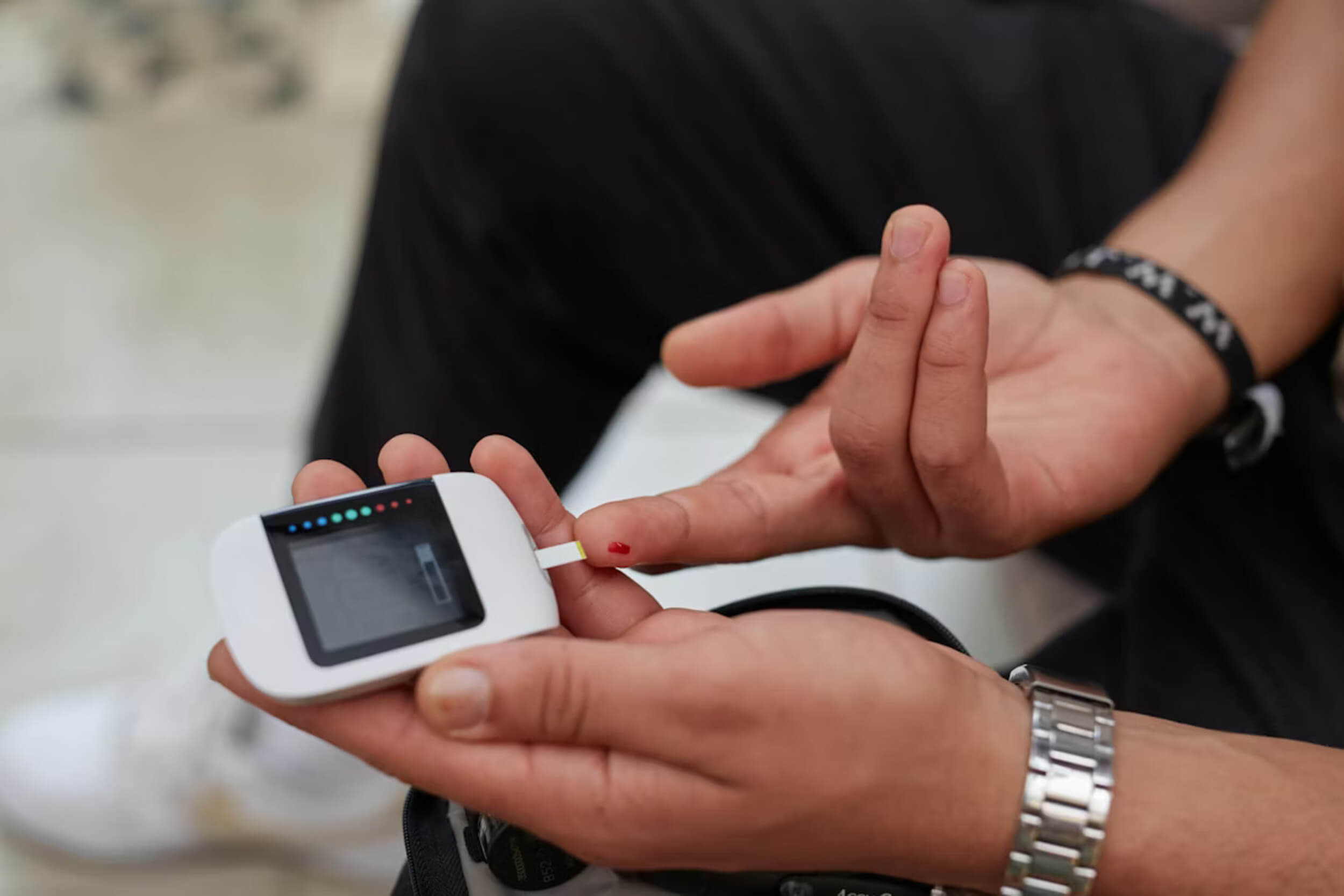What if the milestones you’re eagerly waiting for seem to lag behind? Every parent dreams of watching their child take their first steps, say their first words, and grow with confidence. But what happens when those milestones come slower than expected? Developmental delays affect 1 in 6 children in the United States, making it a reality more common than many realize.
Early detection is more than just identifying potential issues—it’s a powerful step toward helping children thrive. When delays are spotted early, it opens the door to valuable interventions that can support a child’s progress in areas like communication, motor skills, and social interaction. Ignoring the signs, however, could mean missed opportunities for growth and development.
In this article, we’ll break down five early warning signs of developmental delays. These are behaviors and habits that parents often overlook but hold significant clues about a child’s development. Whether it’s a delay in speech, challenges with motor skills, or difficulty connecting with others, recognizing these signs can make all the difference.
If you’ve ever wondered whether your child’s development is on track, this guide is for you. Let’s uncover the signs together and learn how to take meaningful action to support your child’s bright future.
Understanding Developmental Delays
What exactly are developmental delays? Simply put, they happen when a child doesn’t meet certain milestones at the expected age. This could involve physical skills like crawling or walking, learning abilities like solving simple problems, or even social behaviors like making eye contact or playing with others. Sometimes, delays also show up in emotional development, making it harder for a child to express or handle their feelings.
So, what causes these delays? The reasons can vary widely. Genetics might play a role, or it could be related to premature birth or complications during pregnancy. Sometimes, environmental factors like a lack of stimulation or exposure to harmful substances also contribute. In many cases, it’s a mix of factors, which can make pinpointing the cause tricky.
But here’s the good news—early detection can change everything. Catching these delays early gives parents and caregivers the chance to intervene with therapies, activities, or support systems that can make a real difference. For example, speech therapy can help children who are struggling to communicate, while physical therapy can aid those with motor challenges.
The earlier the intervention, the better the outcomes. It’s not about labeling a child or creating worry—it’s about giving them every opportunity to grow and succeed. Recognizing developmental delays early means giving children the tools they need to reach their full potential, one step at a time.
5 Early Warning Signs of Developmental Delays
Spotting these signs early can help you take steps that make a big difference in your child’s growth and development.
1. Delayed Speech or Language Skills
What to Look For:
By 18 months, most children start saying a few words, and by age 3, they can form short sentences or answer simple questions. If your child has a very limited vocabulary, struggles to form words, or doesn’t respond when spoken to, it could be a sign of a speech or language delay. For example, if they don’t say words like “mama” or “dada” by 12 months or aren’t forming phrases like “want toy” by age 3, this might indicate an issue.
Why It Matters:
Speech delays can sometimes point to larger issues, like hearing problems, cognitive delays, or even difficulties in social development. Language is a key tool for communication and learning, so falling behind in this area can affect other aspects of your child’s life, such as making friends or expressing emotions.
How to Address It:
Getting help early can make a big difference. A speech-language therapist can work with your child on skills like forming words and using sentences. At home, you can encourage speech development by talking with your child often, reading books together, and pointing out objects while naming them to build their vocabulary.
2. Trouble with Motor Skills
What to Look For:
Motor delays can show up in two main ways: gross motor skills (like sitting, crawling, or walking) and fine motor skills (like holding small objects). If your baby isn’t sitting up by 9 months, crawling by 12 months, or walking by 18 months, it’s worth paying attention. Similarly, if your child struggles to pick up small items or use utensils as they grow, these may be signs of delayed development.
Why It Matters:
Motor skills are crucial for independence and exploring the world. Delays in these areas can impact your child’s confidence and ability to participate in everyday activities. For instance, a child with poor coordination may avoid playing with others, missing out on social interaction.
How to Address It:
A pediatric physical therapist can assess your child and recommend exercises to strengthen their muscles and coordination. At home, you can create opportunities for practice, like stacking blocks or encouraging activities that involve crawling, walking, or climbing in a safe environment.
3. Lack of Social Interaction or Emotional Connection
What to Look For:
Babies and toddlers typically respond to their names, make eye contact, and show interest in playing with others. If your child avoids eye contact, doesn’t smile back at you, or seems uninterested in connecting with peers, it could be a sign of a social or emotional delay. Other signs might include not sharing toys or difficulty understanding or expressing emotions.
Why It Matters:
Social development is essential for building relationships and navigating the world. Delays in this area can sometimes point to conditions like autism spectrum disorder (ASD) or other developmental challenges. These difficulties can affect how a child interacts with family members, teachers, and friends.
How to Address It:
Interactive play is a great way to encourage social skills. Games like peek-a-boo, turn-taking activities, or group play with peers can help. If concerns persist, consulting a developmental pediatrician or psychologist can provide valuable insights and support tailored to your child’s needs.
4. Difficulty Following Instructions or Focusing
What to Look For:
By age 2, most children can follow simple instructions, like “Pick up your toy” or “Come here.” If your child has trouble understanding or remembering directions, gets easily distracted, or acts impulsively, these might be early signs of attention or cognitive challenges. Struggles to stay engaged in an activity for even a short time can also signal a problem.
Why It Matters:
These behaviors can affect a child’s ability to learn and interact with others. Issues with focus and following directions might indicate conditions like ADHD or other developmental concerns that could impact school readiness and daily routines.
How to Address It:
Creating a consistent routine can help children understand what to expect and reduce distractions. Break instructions into simple, clear steps and offer gentle reminders. If needed, a behavioral specialist or child psychologist can provide strategies to improve focus and behavior.

5. Regression of Skills
What to Look For:
Regression happens when a child loses skills they once had. For example, a toddler who used to say simple words like “ball” or “milk” suddenly stops talking, or a child who was walking begins crawling again. Other signs include withdrawing from interactions or showing less interest in activities they previously enjoyed.
Why It Matters:
Skill regression is often a red flag for more serious conditions, such as neurological disorders or developmental regression syndromes. It can be especially concerning because it signals that something significant might be affecting your child’s development.
How to Address It:
Immediate action is critical. Consult a pediatrician as soon as you notice signs of regression. They may recommend a thorough evaluation and involve specialists like neurologists, therapists, or a multidisciplinary team to address the underlying causes and create a support plan.
When to Seek Professional Help
Have you ever felt something isn’t quite right with your child’s development? As a parent, you know your child better than anyone. If you notice your little one struggling to reach milestones or showing signs of developmental delays, it’s always a good idea to trust your instincts and ask for help.
Start by consulting your pediatrician if you see clear warning signs like delayed speech, difficulty with motor skills, or changes in behavior. They can guide you on whether these are typical variations or something that might need further evaluation. Other red flags include regression, such as losing skills your child had already learned, or if they seem disconnected socially.
Early intervention is key. Specialists like speech therapists, physical therapists, or developmental pediatricians can help identify the issue and provide strategies to support your child’s growth. Don’t worry about overreacting—professionals are there to help and would rather catch a concern early than let it go unnoticed.
The most important thing is listening to your gut. If something feels off, it’s better to act sooner rather than later. Seeking help doesn’t mean something is wrong with your child—it means you’re giving them every opportunity to thrive.
Resources for Parents
When it comes to supporting your child, knowing where to turn is important. Thankfully, many organizations and resources can help guide you. Here are a few trusted options:
- CDC’s Learn the Signs. Act Early: Offers tools to track milestones and resources for early intervention (cdc.gov).
- Zero to Three: Provides information on early development and parenting tips (zerotothree.org).
- Local Early Intervention Programs: Most communities have programs offering evaluations and services for children with developmental delays.
- American Speech-Language-Hearing Association (ASHA): Helpful for concerns about speech and language (asha.org).
- Parent Support Groups: Many online forums and local groups connect parents experiencing similar challenges.
Final Thoughts on Recognizing Developmental Delays
Every parent wants the best for their child, and recognizing developmental delays early is one of the most important steps you can take to support their growth. When you spot potential concerns, it’s not about creating worry—it’s about opening doors to opportunities that can make a meaningful difference in your child’s life.
Early intervention has proven to improve outcomes, from helping with speech to building motor skills and social connections. It’s a way of giving your child the tools they need to thrive, no matter the challenges they might face. Remember, children grow and develop at their own pace, but trusting your instincts when something feels off is never a bad idea.
If you notice signs like delayed speech, trouble with movement, or a lack of social connection, don’t hesitate to reach out to a pediatrician or specialist. The earlier you take action, the better the results can be—not just for your child, but for your entire family.
Parenting can feel overwhelming at times, but you’re not alone. With the right resources and support, you can help your child overcome challenges and reach their full potential. Always remember: small steps today can lead to big successes tomorrow.














